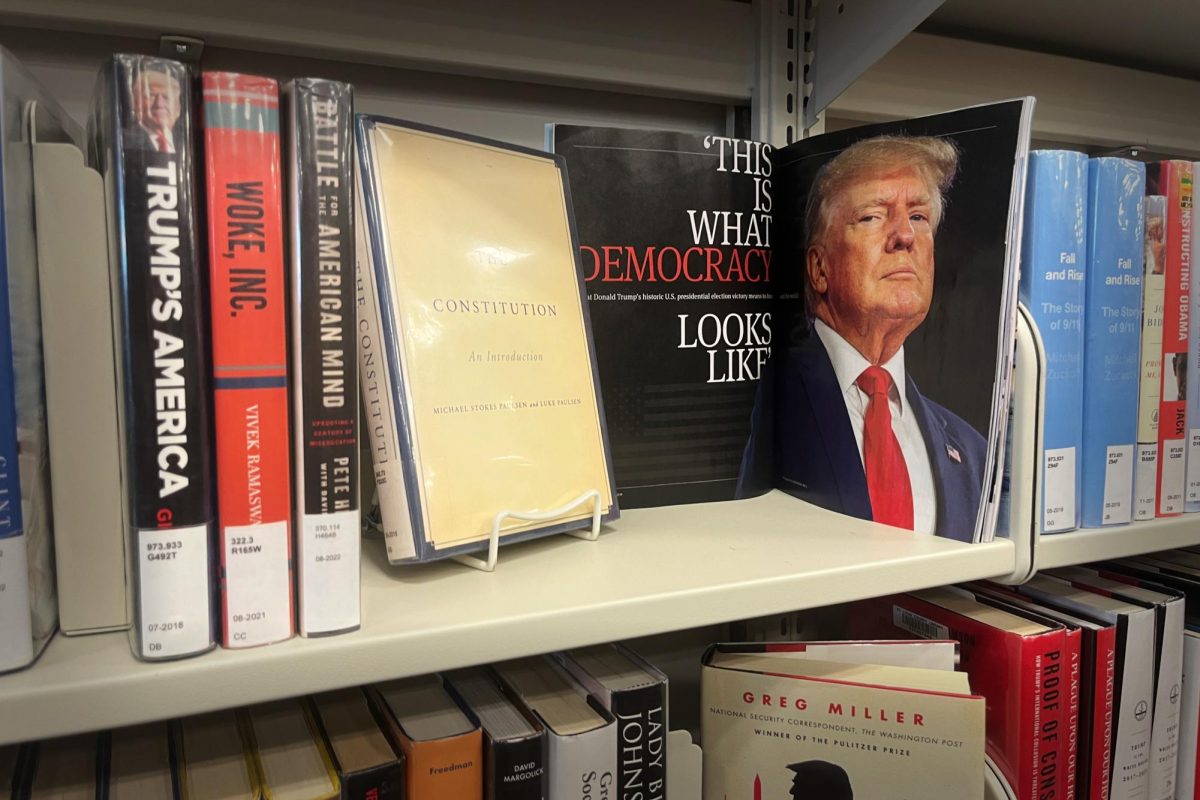The reactions and tributes to Margaret ThatcherŌĆÖs death have, perhaps above all else,┬Āillustrated the way in which modern conservatives have emptied the words ŌĆśfreedomŌĆÖ and ŌĆślibertyŌĆÖ of all meaning and importance.┬Ā ŌĆ£The world has lost a true champion of freedom and democracy,ŌĆØ claimed Nancy Reagan.┬Ā ŌĆ£She believed in the power of liberty, individual freedom and the rule of law,ŌĆØ Virginia Bottomley said.┬Ā ŌĆ£The freedom of the individual stood at the core of her beliefs,ŌĆØ claimed GermanyŌĆÖs own Iron Lady, Angela Merkel.
It wasnŌĆÖt just modern conservatives that celebrated ThatcherŌĆÖs achievements.┬Ā President Obama, for example, lauded Thatcher as ŌĆ£one of the great champions of freedom and liberty.ŌĆØ┬Ā However, I believe that citizens of countries like Pakistan, Chile, Saudi Arabia, Indonesia, Iraq and South Africa may disagree with the PresidentŌĆÖs statement.┬Ā The inconvenient truth for Thatcher apologetics is that the freedom-enforcer, democracy-defender Iron Lady was a close friend and admirer of the thugs, thieves, despots and racists who ruled over those nations in the 1980s.
ŌĆ£In Pakistan, Margaret Thatcher was best known for support General Zia ul HaqŌĆÖs military dictatorshipŌĆØ tweeted Time MagazineŌĆÖs Pakistan correspondent Omar Waraich yesterday referring to ThatcherŌĆÖs anticommunist alliance with PakistanŌĆÖs vicious, Islamist dictator.┬Ā In a speech at a banquet by Zia in 1981, Thatcher praised the generalŌĆÖs ŌĆ£courage and skillŌĆØ and toasted ŌĆ£the health and happiness of His Excellency.ŌĆØ┬Ā She made no reference to the need for democracy in the nation.
Consider also that fact that we now know that the Thatcher administration began selling arms or ŌĆ£non-lethal equipmentŌĆØ (as they called it) that just so happened to include spare parts for tanks and fighter jets to Iraq in 1981.┬Ā Several years later, after the Baathist dictator deployed chemical weapons in his now-notorious attack on the Kurdish town of Halabja, Thatcher did not simply turn a blind eye to the atrocity; she and her ministers actively played down reports about the incident.
This, I suppose, is how liberty is championed and liberty is secured.┬Ā Even then, thereŌĆÖs the apartheid that occurred in South Africa, where millions of black people were denied the most basic of liberties, and yet this British champion of liberty had little to offer by way of support.┬Ā ŌĆ£Thatcher resisted global efforts to isolate apartheid-era South Africa, including by vetoing sanctionsŌĆØ wrote the Washington PostŌĆÖs foreign affairs blogger max Fisher the other day.┬Ā ŌĆ£Though she opposed apartheid as a policy, she still supported the government that implemented it.ŌĆØ
And who can forget her description of Nelson MandelaŌĆÖs ANC as a ŌĆ£typical terrorist organizationŌĆØ?┬Ā Is it any wonder then that Dali Tambo, son of the former ANC president Oliver Tambo, told the Guardian ŌĆ£ItŌĆÖs quite likely that when Margaret Thatcher reaches the pearly gates, the ANC will boycott the occasion.ŌĆØ┬Ā ItŌĆÖs a shame, he noted, ŌĆ£that we could never call her one of the champions of the liberation struggle.ŌĆØ
Apologetics for the Iron Lady tend to excuse such shameful and anti-democratic behavior by their heroine by citing the┬Āfall of the Cold War and the struggle against Soviet communism.┬Ā Such arguments are both disingenuous and unconvincing.┬Ā They donŌĆÖt, for a start, explain ThatcherŌĆÖs detrimental foreign policy in other countries.┬Ā Neither do they excuse her harmful domestic policy.
The sad truth regarding Margaret Thatcher is that her death, while tragic, does not rewrite history.┬Ā Her administration still stopped councils from using cash from the sale of properties to build new homes, effectively jump-starting the housing crisis in the UK.┬Ā Selfish, reckless greed was still┬Āunleashed in the City of London while the rest of the country endured mass unemployment.
To some, Margaret Thatcher will be remembered as a hero, as a champion of freedom that fought for what is right.┬Ā However, to the citizens that were actually affected by her monstrous policies, she was a greedy, tyrannical leader.┬Ā Her death is unfortunate, but it is imperative that we remember her as what she actually was, instead of distorting the past.
Disclaimer:┬ĀThe views and opinions expressed in this article are those of the authors and do not necessarily reflect the official position of the Parkway School District.

![Dressed up as the varsity girlsŌĆÖ tennis coach Katelyn Arenos, senior Kate Johnson and junior Mireya David hand out candy at West HighŌĆÖs annual trunk or treat event. This year, the trunk or treat was moved inside as a result of adverse weather. ŌĆ£As a senior, I care less about Halloween now. Teachers will bring their kids and families [to WestŌĆÖs Trunk or Treat], but there were fewer [this year] because they just thought it was canceled [due to the] rain. [With] Halloween, I think you care less the older you get,ŌĆØ Johnson said.](https://pwestpathfinder.com/wp-content/uploads/2025/10/DSC00892-1-1200x800.jpg)
![Leaning on the podium, superintendent Melissa Schneider speaks to Parkway journalism students during a press conference. Schneider joined Parkway in July after working in the Thompson School District in Colorado. ŌĆ£My plan [to bond with students] is to get things on my calendar as much as possible. For example, being in [classes] is very special to me. I am trying to be opportunistic [meeting] kids [and] being in [the school] buildings. I have all the sports schedules and the fine arts schedules on my calendar, so that when I'm available, I can get to them,ŌĆØ Schneider said.](https://pwestpathfinder.com/wp-content/uploads/2025/09/IMG_5425-1200x943.jpeg)


![Red, white and blue, the American flag holds the values of our democracy. The fight that we once endured has returned, as student journalists and senior correspondents across the country are losing their voices due to government control. ŌĆ£[Are] the White House and [the] government limiting free speech [and] freedom of the press? Yes [they are],ŌĆØ chief communications officer of the Parkway School District and former journalist Elisa Tomich said.](https://pwestpathfinder.com/wp-content/uploads/2025/03/Untitled-design-14.jpg)
![A board in the Parkway West counseling department displays pennants of selective universities. With a wide range of students interested in attending, itŌĆÖs important that these schools have clear priorities when deciding who to admit. ŌĆ£[Washington University] had the major that I wanted, psychology, philosophy, neuroscience. That's a holistic study of the brain, and [WashU is] the only college in the world that offers that. That's the main reason I wanted to go; I got into that program,ŌĆØ senior Dima Layth said.](https://pwestpathfinder.com/wp-content/uploads/2025/02/Flag-1.png)

![Within the U.S., the busiest shopping period of the year is Cyber Week, the time from Thanksgiving through Black Friday and Cyber Monday. This year, shoppers spent $13.3 billion on Cyber Monday, which is a 7.3% year-over-year increase from 2023. ŌĆ£When I was younger, I would always be out with my mom getting Christmas gifts or just shopping in general. Now, as she has gotten older, I've noticed [that almost] every day, I'll open the front door and there's three packages that my mom has ordered. Part of that is she just doesn't always have the time to go to a store for 30 minutes to an hour, but the other part is when she gets bored, she has easy access to [shopping],ŌĆØ junior Grace Garetson said.](https://pwestpathfinder.com/wp-content/uploads/2024/12/DSC_0249.JPG-1200x801.jpg)

![Senior Sally Peters stands in the history hallway, contemplating her choices in the 2024 United States and Missouri elections on Nov. 5. As a member of Diplomacy Club, Peters has discussed key candidates and issues in contemporary American politics. ŌĆ£[As students], we're starting to become adults. We're realizing how much the policies that are enforced and the laws that make it through the House and Senate are starting to affect us. [Opportunities such as] AP [U.S.Government] and Diplomacy Club [make elections feel] a lot more real,ŌĆØ Diplomacy Club vice president and senior Nidhisha Pejathaya said.](https://pwestpathfinder.com/wp-content/uploads/2024/10/Flag-1-1.png)